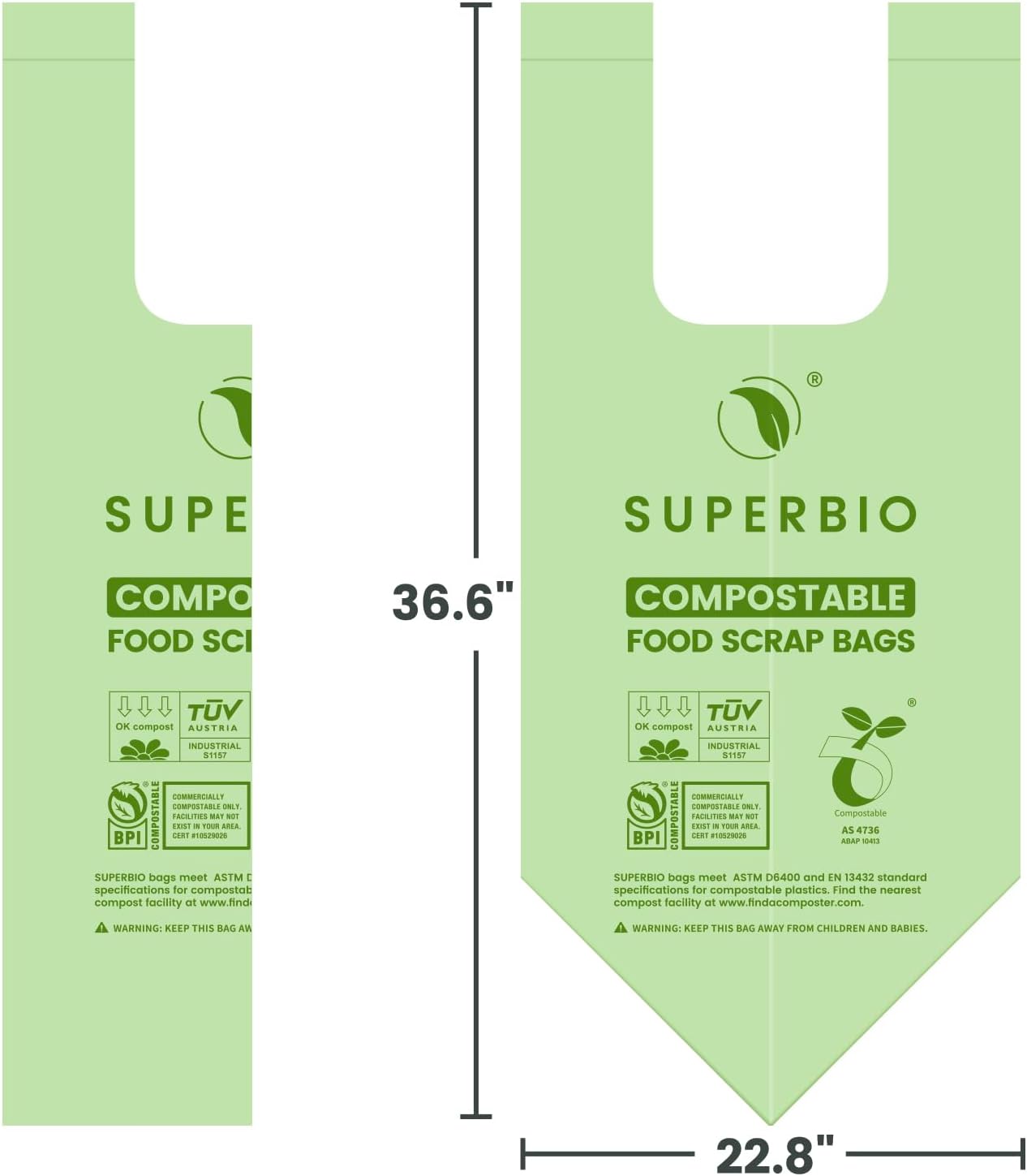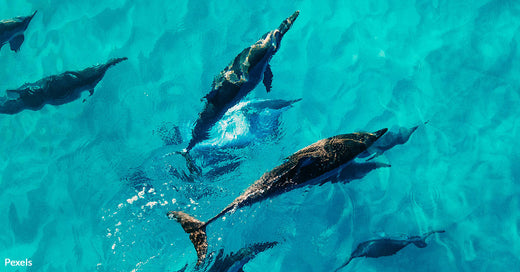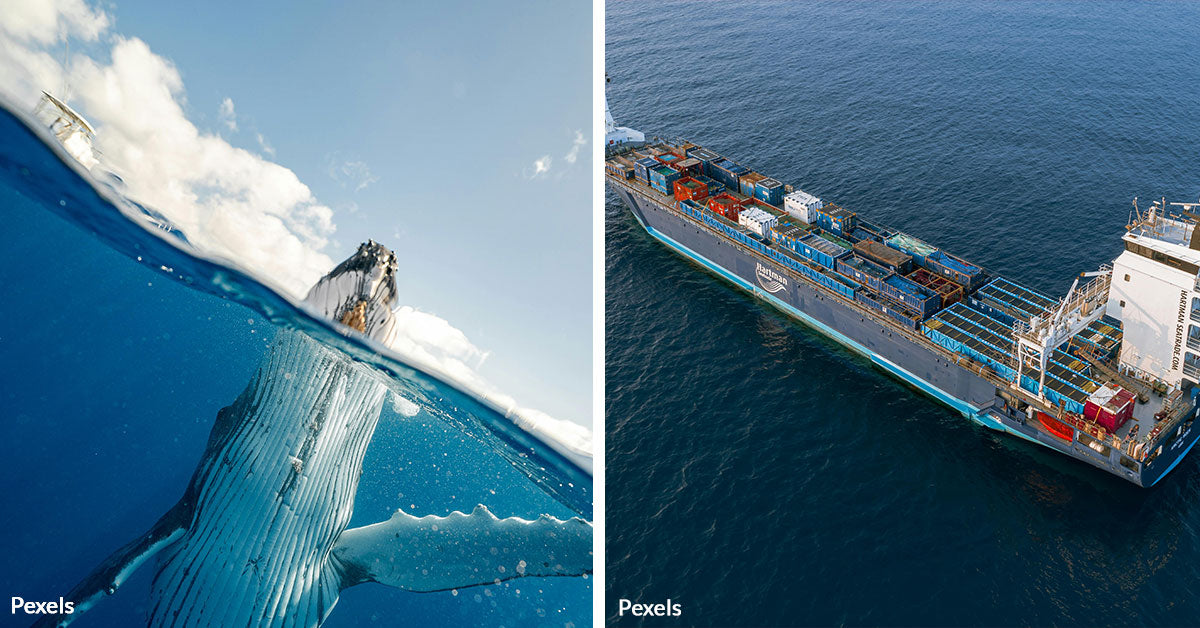Cuttlefish Outsmart Expectations and Pass Test Designed for Children
Cuttlefish, often overshadowed by their more famous relatives like octopuses and squids, are finally stepping into the scientific spotlight. Recent experiments have demonstrated that these cephalopods possess cognitive abilities that rival some of the animal kingdom's most intelligent species.
A modified version of the famed Stanford marshmallow test revealed that cuttlefish can delay gratification, showcasing their surprising mental agility.

Photo: Pexels
Cuttlefish can delay gratification, a skill linked to advanced intelligence.
Testing Patience in the Ocean
The marshmallow test, originally designed for children, evaluates an individual’s capacity to delay gratification for a better reward. Researchers adapted this for cuttlefish by placing them in tanks with two chambers. Each chamber held food: a less-preferred raw prawn and a more enticing live shrimp. Transparent doors with symbols indicated when each treat would be available. A circle symbol opened immediately, providing access to the prawn. A triangle opened after a delay, revealing the shrimp.
The catch? If the prawn was eaten, the shrimp became inaccessible. Remarkably, the cuttlefish consistently waited for the shrimp, tolerating delays ranging from 50 to 130 seconds.

Photo: Pexels
Scientists adapted the marshmallow test to study cuttlefish cognition.
Learning and Adaptability
The experiment didn’t stop at delayed gratification. Cuttlefish were also tested on their ability to learn and adapt to new cues. Researchers introduced visual symbols, training the animals to associate specific shapes with rewards. Once they mastered this, the rules were switched, requiring them to relearn the associations.
Cuttlefish that adapted quickly to these changes were also the ones that waited the longest for the shrimp reward. This correlation suggests a broader link between learning speed and self-control, Business Insider reports.

Photo: Pexels
Cuttlefish consistently waited for a better reward, showcasing patience.
Why Do Cuttlefish Need Self-Control?
Unlike primates or corvids, cuttlefish don’t use tools, cache food, or exhibit social behaviors that typically demand forward planning. Instead, their ability to delay gratification seems rooted in their unique survival strategies. Cuttlefish spend much of their time camouflaged to evade predators, punctuating this with brief, high-risk foraging periods, reports ScienceAlert.
Schnell explained that breaking camouflage exposes them to numerous threats, so waiting for the ideal prey could enhance their chances of survival. This evolutionary context makes their cognitive sophistication particularly intriguing.

Photo: Pexels
Behavioral cues helped cuttlefish understand and adapt to experimental setups.
Broader Implications for Animal Intelligence
The cuttlefish’s success in these experiments places them among an elite group of animals capable of self-control, challenging long-held assumptions about invertebrate intelligence. Traditionally, traits like delayed gratification were associated with social or tool-using species. However, the cuttlefish demonstrates that vastly different ecological pressures can lead to similar cognitive abilities. These findings expand our understanding of how intelligence evolves across diverse species, Vice reports.
What’s Next for Cuttlefish Research?
The study has opened the door to further exploration of cephalopod cognition. Future research may investigate whether cuttlefish can plan for the future or exhibit other advanced behaviors, such as episodic memory. There is already evidence suggesting these creatures retain detailed memories and might even experience false memories, adding to their complex mental profile. These ongoing investigations could reshape how we perceive intelligence in the animal kingdom, underscoring the depth of cognition in species often overlooked.
Cuttlefish are more than just fascinating marine creatures with extraordinary camouflage. Their ability to delay gratification and adapt to changing circumstances highlights a level of intelligence previously underestimated. These findings prompt a reevaluation of what it means to be “smart” in the natural world, reminding us that profound cognitive abilities can emerge in the most unexpected places.





























































































































































































































































































































































